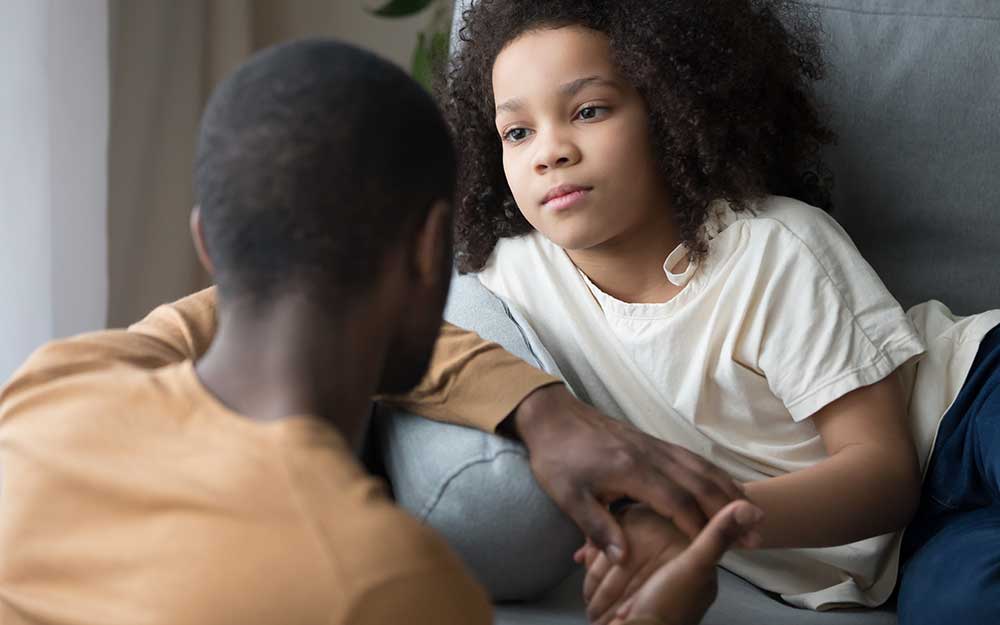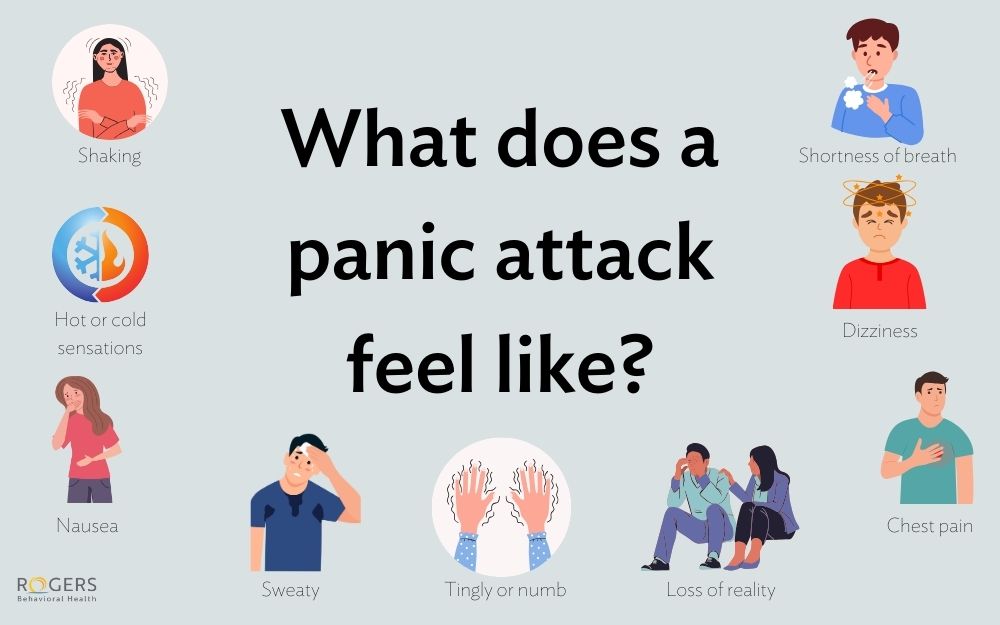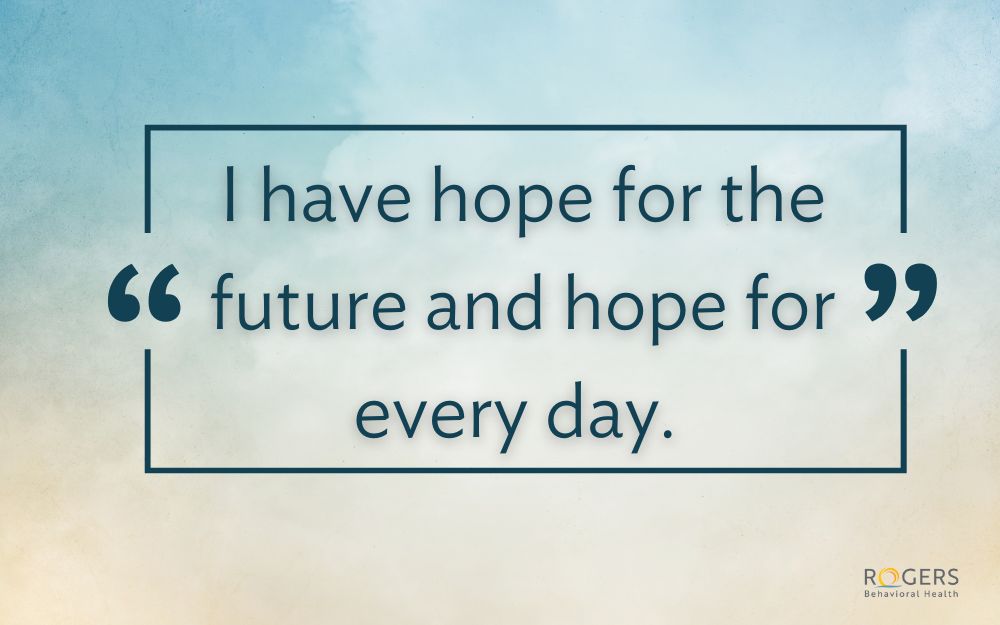Finding hope and healing for children suffering from trauma
Posted on 06/26/20 12:39:pm
Share this article:
Childhood should be a carefree time of innocence. Sadly, children are not immune from experiencing or witnessing traumatic events. According to the U.S. Department of Health and Human Services, in one nationally representative sample of young people ages 12 to 17:
- 8% reported a lifetime prevalence of sexual assault
- 17% reported physical assault
- 39% reported witnessing violence
Research also shows that many children reported experiencing multiple and repeated traumatic events. That can lead to traumatic stress, and in severe cases, posttraumatic stress disorder (PTSD).
The impact of trauma on children
How children exhibit traumatic stress varies depending on the child’s age and developmental level, but one thing is certain—without treatment, repeated childhood exposure to traumatic events can affect the brain and nervous system and increase health-risk behaviors like smoking, eating disorders, substance use, and other high-risk activities. Childhood trauma may also increase the risk of anxiety and depression.
Rogers Behavioral Health’s Rae Anne Ho Fung, PhD, LP, is a clinical supervisor who specializes in treating posttraumatic stress disorder, trauma, and co-occurring conditions. Her passion for working with children stems from very personal experience which she shared at a 2020 conference with the Pat Tillman Foundation.
How evidence-based therapy can help
Dr. Ho Fung uses trauma-focused cognitive behavioral therapy (TF-CBT), an evidence-based approach that includes individual and group therapy in addition to the compassionate and dedicated care of the entire Rogers team.
Dr. Ho Fung suggests the following steps if you suspect a child is exhibiting signs of trauma:
- Establish safety. Meet the basic needs of the child and ensure the child feels safe with you.
- Validate. Listen to the child and seek to problem solve rather than sharing your own emotions.
- Remember. Most families are doing the best they can, and when it comes to seeking help for a child, it’s best to have the family on
board. - Assist. Help the child and his or her family seek help.
Find help at Rogers
If you or someone you know needs help, Rogers offers Trauma Recovery for adolescents in Wisconsin and throughout the country. Call 800-767-4411 or request a free screening.



